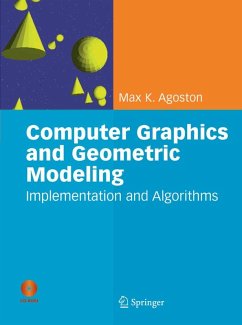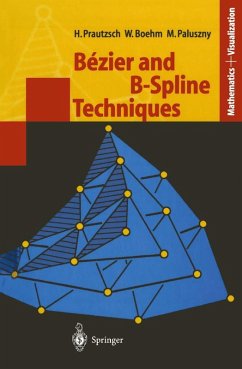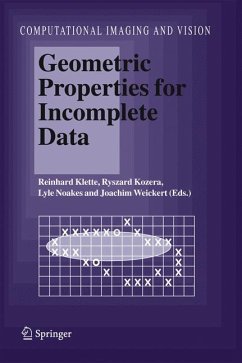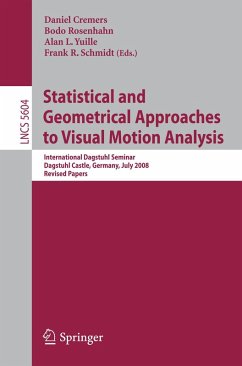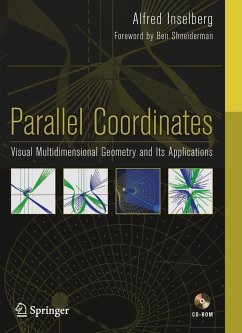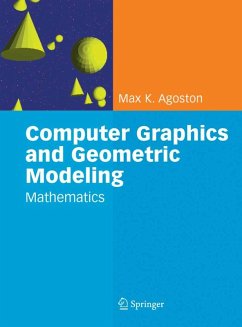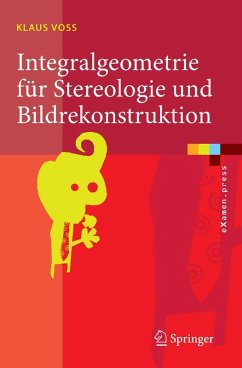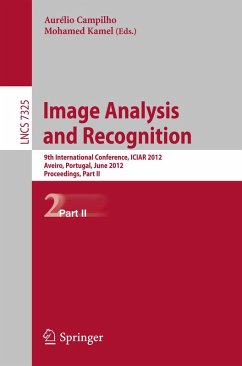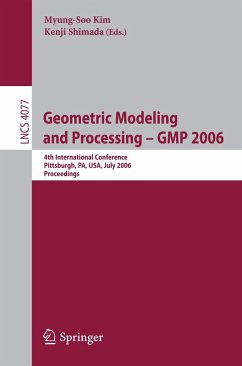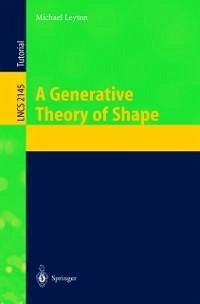
A Generative Theory of Shape (eBook, PDF)
Versandkostenfrei!
Sofort per Download lieferbar
72,95 €
inkl. MwSt.
Weitere Ausgaben:

PAYBACK Punkte
36 °P sammeln!
The purpose of this book is to develop a generative theory of shape that has two properties we regard as fundamental to intelligence -(1) maximization of transfer: whenever possible, new structure should be described as the transfer of existing structure; and (2) maximization of recoverability: the generative operations in the theory must allow maximal inferentiability from data sets. We shall show that, if generativity satis?es these two basic criteria of - telligence, then it has a powerful mathematical structure and considerable applicability to the computational disciplines. The requiremen...
The purpose of this book is to develop a generative theory of shape that has two properties we regard as fundamental to intelligence -(1) maximization of transfer: whenever possible, new structure should be described as the transfer of existing structure; and (2) maximization of recoverability: the generative operations in the theory must allow maximal inferentiability from data sets. We shall show that, if generativity satis?es these two basic criteria of - telligence, then it has a powerful mathematical structure and considerable applicability to the computational disciplines. The requirement of intelligence is particularly important in the gene- tion of complex shape. There are plenty of theories of shape that make the generation of complex shape unintelligible. However, our theory takes the opposite direction: we are concerned with the conversion of complexity into understandability. In this, we will develop a mathematical theory of und- standability. The issue of understandability comes down to the two basic principles of intelligence - maximization of transfer and maximization of recoverability. We shall show how to formulate these conditions group-theoretically. (1) Ma- mization of transfer will be formulated in terms of wreath products. Wreath products are groups in which there is an upper subgroup (which we will call a control group) that transfers a lower subgroup (which we will call a ?ber group) onto copies of itself. (2) maximization of recoverability is insured when the control group is symmetry-breaking with respect to the ?ber group.
Dieser Download kann aus rechtlichen Gründen nur mit Rechnungsadresse in A, B, BG, CY, CZ, D, DK, EW, E, FIN, F, GR, HR, H, IRL, I, LT, L, LR, M, NL, PL, P, R, S, SLO, SK ausgeliefert werden.




